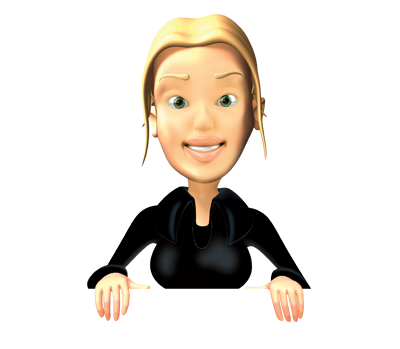All babies cry, especially in the first few weeks after birth. Crying is their way of letting you know they need something or are uncomfortable. They may need changing, they may be hungry or just need a cuddle.
If your baby cries suddenly and often, but they otherwise appear to be happy and healthy, they may have colic. Colic is common and although uncomfortable it is not serious and usually affects babies only in the first few months of their lives. The most common symptom of colic is continuous crying, which typically occurs in the late afternoon or evening. Other signs include a flushed appearance, drawing their legs to their chest, clenching fists, passing wind and having trouble sleeping.
When a baby cries, it can be upsetting, it can be easy to get frustrated and you may not be getting much sleep. It is very important to stay calm and don’t be afraid to ask for help.
If your baby's crying seems different in any way (such as a very high-pitched cry or a whimper), then seek medical advice. Crying can sometimes be a sign that your baby is unwell. Trust your instincts - you know your baby best.


